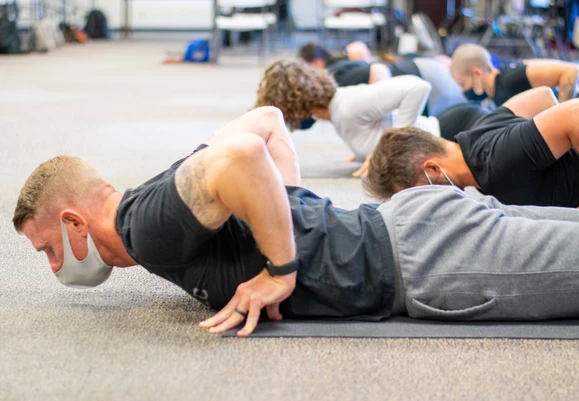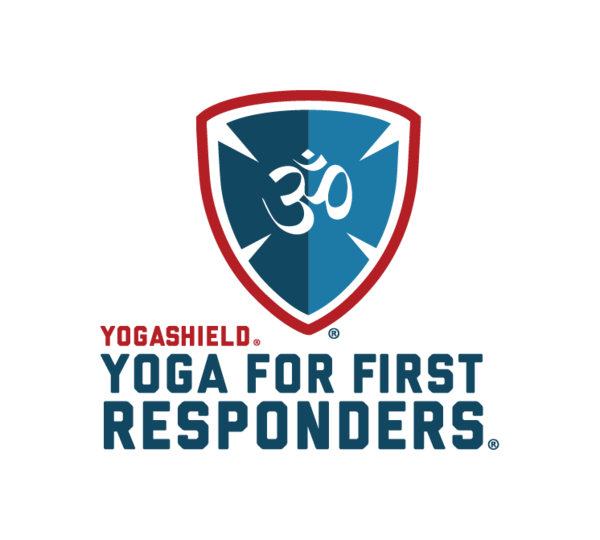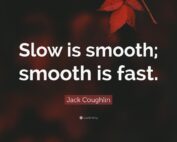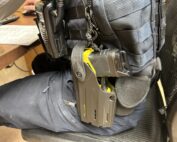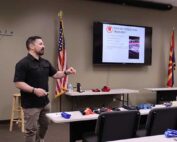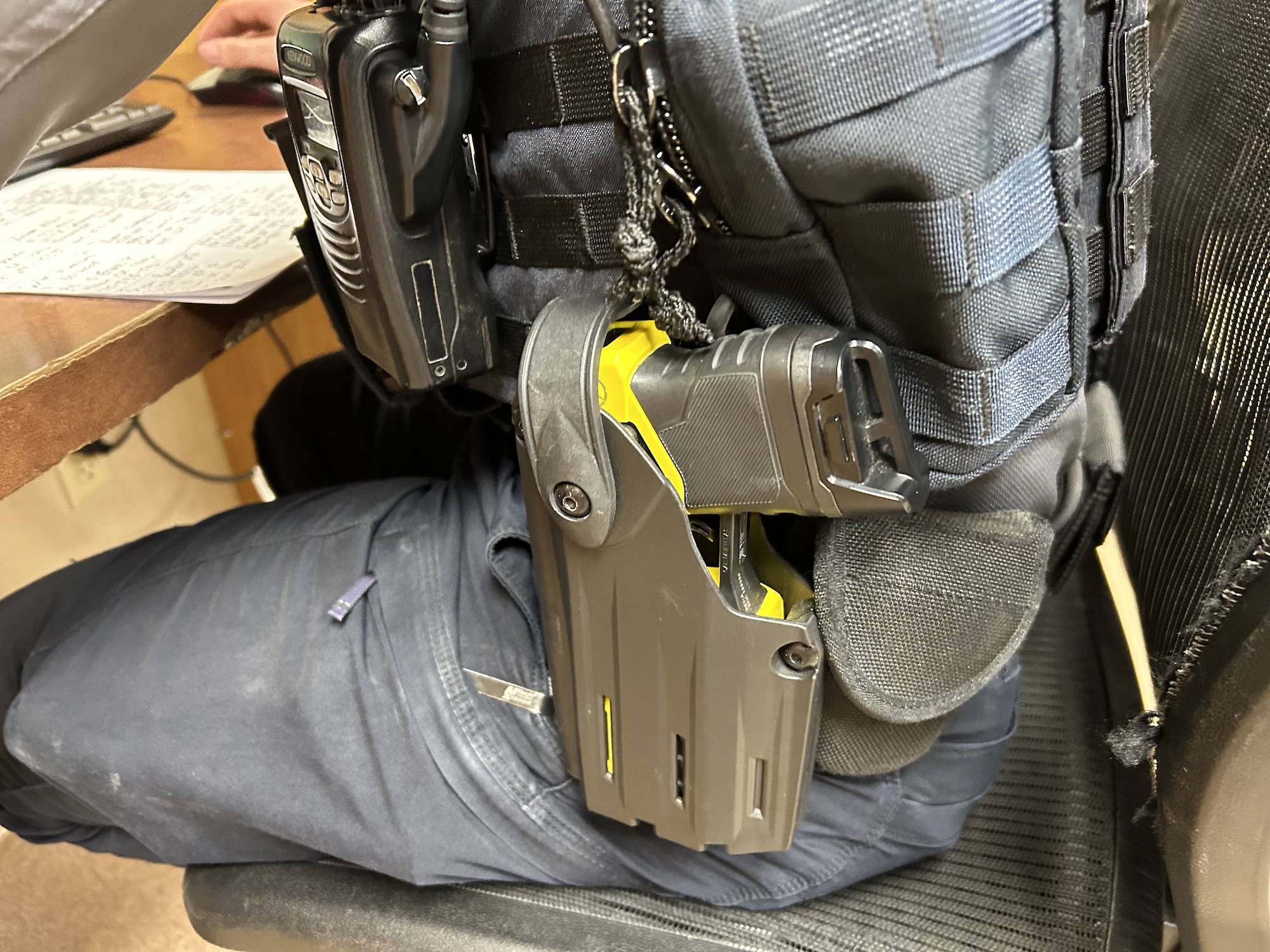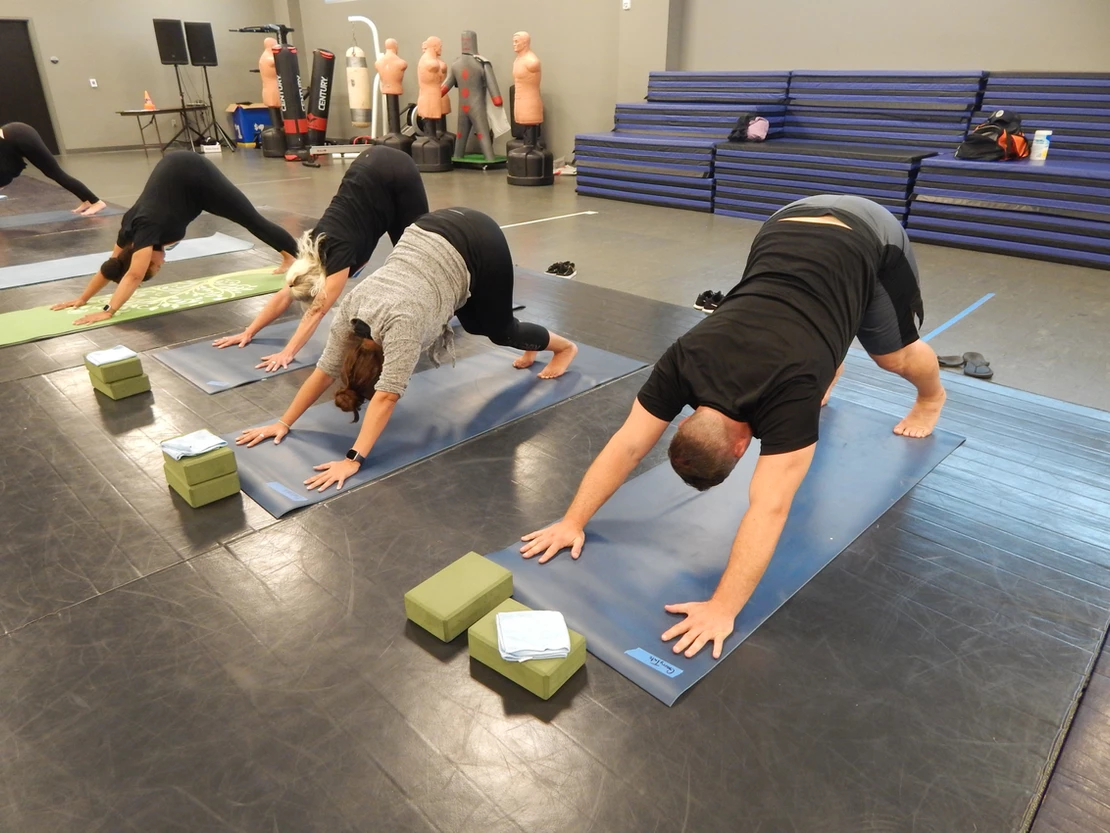
YFFR 5
Yoga has a number of benefits. It is one way, of many, to work on your own health and wellness.
By Alicea Reddy
“I’m fine.” Ask any Cop how they are doing and that is the answer you will get. Because they are conditioned to turn off normal reactions and emotions in order to do their job. Because they are conditioned to simply suck it up and show no weakness. Because they are conditioned to think they really are just fine.
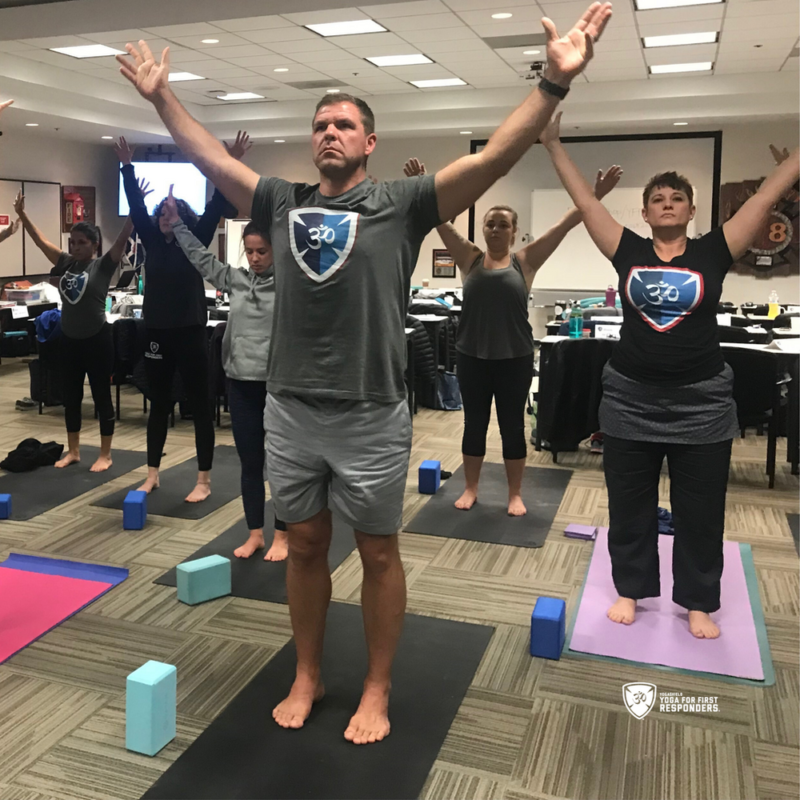
This wellness “thing” is not just a check box in the academy curriculum. It should be an important aspect for all – pre-service, in-service, and post-service.
And then one day they aren’t just fine and they can’t understand why. Why have their home life and work life gone to shit? Why they are angry, sad, can’t sleep, avoid, drink, and feel numb. What could have possibly gone wrong?
Cops are drawn to their jobs because they already have personalities and experiences making them great for the role. Brave and willing with a drive to help and have a purpose, with just a little bit of control freak.
The strange thing is the job is anything but controllable. Every day is luck of the draw. There is only one guarantee: you will be exposed to stress and trauma. It will happen. More than once. Cops often see more trauma in a day than most people see in their lifetimes. And they suffer from higher rates of post-traumatic stress, heart attack, suicide, and other stress-based issues as a result.
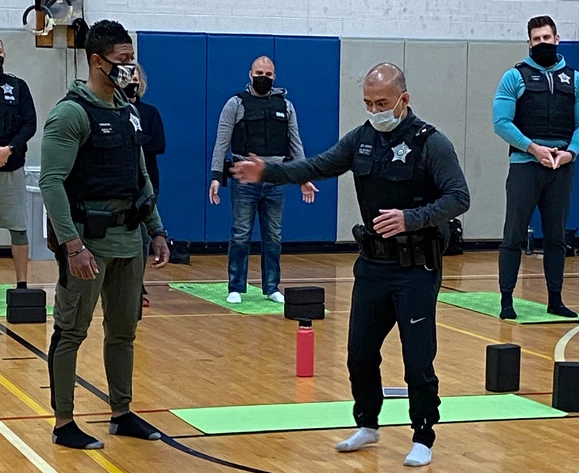
Improved range of motion – with armor and a duty belt. It’s almost like we are training for the way we will work.
What does this trauma do? Well, Cops start to live in a constant state of hypervigilance. Their fight/flight/freeze stress response, the activation of their sympathetic nervous system, is on overdrive.
“States of anxiety, depression, frustration, and anger are accompanied by a variety of physical responses… These responses are the outcome of the complex process by which the physiological systems of the body adapt to stress. As stressful conditions persist, the body’s resistance is sapped away. Imbalances in the autonomic nervous system, endocrine glands, and in the chemical and hormonal composition of the blood become permanent, with increasingly disturbed functioning of all the organs and systems of the body.” (Saraswati, 2017, p. 186-187).
Stress and trauma literally get trapped in the body and change it. In addition to the intense demands of the job, add in the associated politics and administrative betrayal and how could anyone be just fine? Spoiler alert: they aren’t.
“We now know that trauma compromises the brain area that communicates the physical, embodied feelings of being alive. The changes explain why traumatized individuals become hypervigilant to threats at the expense of spontaneously engaging in their day-to-day lives…. We now know that their behaviors are not the result of moral failings or signs of lack of willpower or bad character— they are caused by actual changes in the brain.” (Van Der Kolk, 2014, p. 3).
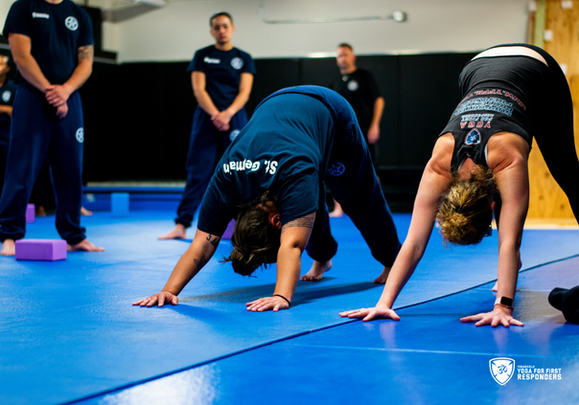
With the academies introducing this, hopefully, these officers will follow through during their careers.
Luck of the draw will determine how that reveals itself. It depends on experiences before the job, genetics, what incidents someone encounter on the job, and what coping tools and support a person has. Of those, coping tools and support are really the only things one can have some control over. And these are usually backburner, stigmatized topics in the police world, and beyond.
There is good news. It turns out you just need to hit the off switch on that whole fight or flight thing. And that can happen for most people by having 72 hours with no stimulation of the stress response so that a person’s nervous system can regulate. Regulation happens by switching off the sympathetic nervous system and activating the rest/digest response, our parasympathetic nervous system. Try realistically implementing that into any agency or Cop’s life: 3 whole days with no stress. Good luck.
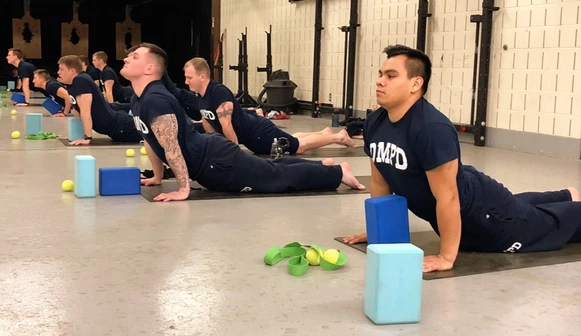
Starting off with a more beneficial program now, especially one with multiple benefits may see longer-lasting results.
There is more good news. There is another way to hit that off switch and essentially hijack our hijacked nervous system: yoga. Not stereotypical yoga, but focused breathwork, physical drills, cognitive declarations, and neurological resets that blend science and an understanding of the first responder world to process stress out of the body, regulate the nervous system, build resilience, and enhance performance.
Yoga Shield/ Yoga for First Responders is a non-profit that provides a unique yoga protocol designed for military and first responders that is job specific and culturally informed. They offer training at academies, departments, conferences, and virtually. To learn more, visit: https://www.yogaforfirstresponders.org/
Cops deserve better. For all their sacrifices, they deserve support and to learn healthy coping tools to recover from traumatic stress rather than let it hijack their life. Yoga is one of those tools; it doesn’t have to be luck of the draw.
Sources:
Saraswati, S. (2017). Yoga Nidra. Bihar School of Yoga.
Van Der Volk, B. (2014). The Body Keeps Score. Penguin Books.
Author Bio:
Alicea Reddy was a Police Officer in the San Francisco Bay Area for 12 years. After a back injury ended her career, she became involved as the Administrative Director for First Responder Support Network, a non-profit that treats traumatic stress in first responders and their families. She further discovered yoga as a tool for recovery and became certified as an instructor with Yoga Alliance and Yoga for First Responders.

